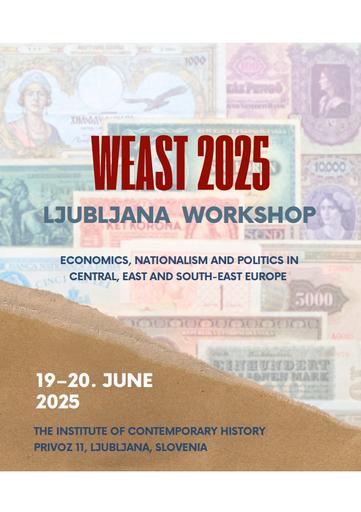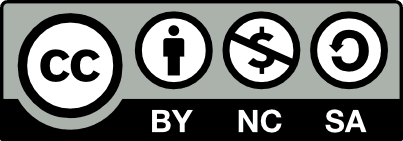/
Dogodki
/
Konference
Economic nationalism and the industry in the Kingdom of Yugoslavia in the 1930s


To delo avtorja Jelena Rafailović je ponujeno pod Creative Commons Priznanje avtorstva-Nekomercialno-Deljenje pod enakimi pogoji 4.0 Mednarodna
Datoteke (1)
Opis
In the Kingdom of Yugoslavia, a major economic crisis, internal political events, and the government of Milan Stojadinović focused the economic path during the 1930s towards state control of the economy. The paper will present the basic features of economic nationalism in the industry of the Kingdom of Yugoslavia in the decade before the Second World War. We will use several examples to show how the state acted in the field of various economic factors, such as foreign trade, legislation, capital, the position of workers, and what kind of impact it had on industry. The industrial sector was a relatively small section of the real economy with modest use of modern technology, focused on exporting of raw materials or basic processing of industrial goods, insufficient professional work, and insignificant export of industrial goods, but the state was constantly present. Analysing the relationship between the state, politics and the economy from several angles on the example of industrial issues will show how and to what extent economic nationalism was present in a turbulent decade. We will see whether the stronger influence of the state on industry had an impact on its development and industrialisation, quantitatively and qualitatively, whether certain changes in foreign trade had a positive or negative impact, whether capital tended to change ownership and what was the social position of workers.
Metapodatki (12)
- identifikatorhttps://hdl.handle.net/11686/71112
- naslov
- Economic nationalism and the industry in the Kingdom of Yugoslavia in the 1930s
- avtor
- Jelena Rafailović
- soavtor
- Nataša Henig Miščič (mod.)
- predmet
- ekonomija
- nacionalizem
- industrija
- Kraljevina Jugoslavija
- opis
- In the Kingdom of Yugoslavia, a major economic crisis, internal political events, and the government of Milan Stojadinović focused the economic path during the 1930s towards state control of the economy. The paper will present the basic features of economic nationalism in the industry of the Kingdom of Yugoslavia in the decade before the Second World War. We will use several examples to show how the state acted in the field of various economic factors, such as foreign trade, legislation, capital, the position of workers, and what kind of impact it had on industry. The industrial sector was a relatively small section of the real economy with modest use of modern technology, focused on exporting of raw materials or basic processing of industrial goods, insufficient professional work, and insignificant export of industrial goods, but the state was constantly present. Analysing the relationship between the state, politics and the economy from several angles on the example of industrial issues will show how and to what extent economic nationalism was present in a turbulent decade. We will see whether the stronger influence of the state on industry had an impact on its development and industrialisation, quantitatively and qualitatively, whether certain changes in foreign trade had a positive or negative impact, whether capital tended to change ownership and what was the social position of workers.
- založnik
- Inštitut za novejšo zgodovino
- datum
- 19. 06. 2025
- tip
- video
- jezik
- Angleščina
- jeDelOd
- pravice
- licenca: ccByNcSa
